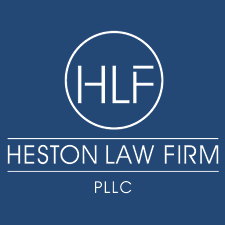When your debts reach overwhelming amounts, you may find that your only options is to declare bankruptcy. This should be the last option for clearing your debts, but sometimes it’s the best option for your circumstances. When you decide to declare bankruptcy, you’ll need to decide what kind of bankruptcy to file for, either Chapter 7 or Chapter 13. They are very different from each other and give the filing party different options to discharge their debts. Our Katy bankruptcy lawyers can give you advice on which one is right for you when you call for a free consultation, but here is a beginner’s guide to understanding the differences:
- Chapter 7
This is the type that most people are familiar with when they think about filing for bankruptcy. Chapter 7 bankruptcy discharged debts in as little as a few months, which means the debtors can get a fresh start relatively quickly. However, you may be required to sell some of your belongings to pay creditors back as much money as possible and it won’t help you stay out of foreclosure on your home. - Chapter 13
Another option for those considering bankruptcy, but this one allows you to restructure your debts instead of discharging them. That means they won’t go away, but you’ll be allowed to create a payment plan to help you catch up on payments you may have missed on mortgages and other similar loans. You’ll be looking at three to five years of payments, but you won’t have to sell your belongings.
Which option is right for you will depend a lot on the income you bring in on an annual basis, how much debt you have, and what kind of assets you own that you’d like to protect. The bankruptcy lawyers at Heston Ciment can help you choose the best options for you and your family. Contact us today for a free consultation.


